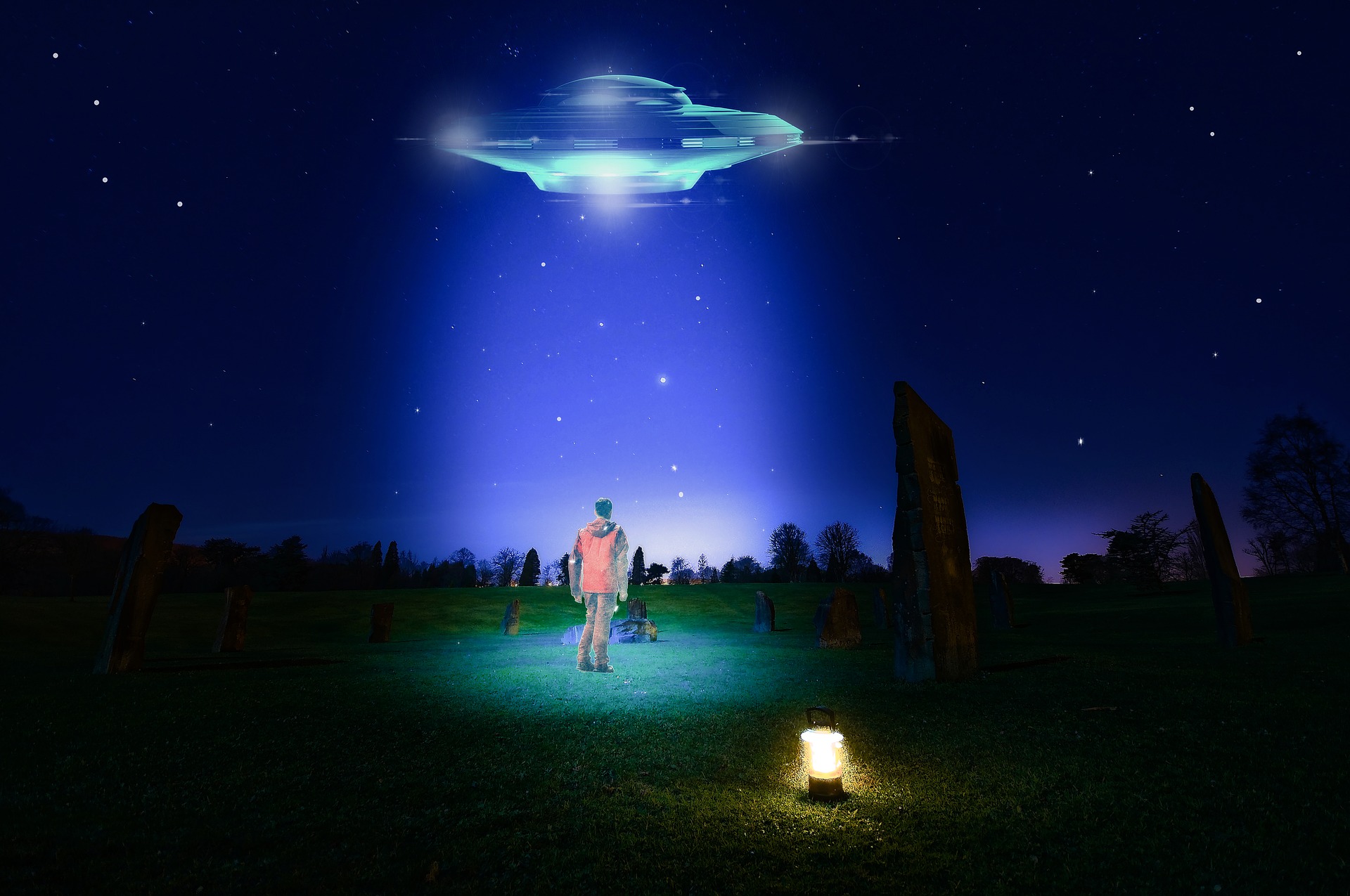 Submitted by Spook on
Submitted by Spook on

You can spend a good deal of time researching the meanings of the words paranormal and supernatural and find so much overlap between the two words that they very confusingly come up the same. They do however have something that draws a dividing line between them and that factor is science.
Paranormal refers to a series of purported phenomena which happen "alongside" what is normal, but are claimed (or were claimed) to be legitimate subjects of scientific study. This seems logical and acceptable however, when claims referring to the validity of such things as ESP, mediumship, ghosts etc. cannot be verified it is all relegated to the vague realm of pseudo-science. The Paranormal does have the capacity to eventually be understood.
Example: Alien Abduction which brings to mind the cases of Betty and Barney Hill as well as Travis Walton. In both cases science and psychology had a hand in trying to explain what happened. Neither case has been debunked.
Supernatural is by definition something beyond nature. It cannot be proven or disproven, measured or categorized. This is because they depend basically on faith, superstition and magical thinking. The Supernatural simply does not operate by our rules. Thomas Aquinas argued that the supernatural consists in “God’s unmediated actions.”
Example: The Biblical Rapture where Christian faithful instantly vanish from the earth, to be taken to heaven. There is an unverified story that this already happened to thousands of Christians during WWII.
What happens if we throw the term Preternatural into the mix?
According to Douglas Allchin, Preternatural refers to that which is "suspended between the mundane and the miraculous.” In the early days all things Preternatural were caused by deception and trickery via witchcraft or demons whose manipulations worked against the Divine and corrupted the laws of nature.
Example: Chaos Magic which requires the conjuring of other worldly entities to aid in acquiring desired results.
Modern science accepts that Preternatural is abnormal phenomena that seems to violate the normal working of nature, but that are not associated with magic and witchcraft. This definition lifted the demonic reference to such folk lore belief as fairies and trolls.
Supernatural Gifts and Diabolic Falsification
Supernatural gifts granted by God are known as gratiae gratis datae or charismas. They are only acquired through the intervention of God and include such things as the gifts of healing, the working of miracles, prophecy, and the discernment of spirits, the gift of tongues or interpretation of tongues.
*According to moral theologian of Salamanca, Fr. Royo Marin, lists 10 types of physical phenomena that can be falsified by the Devil. With God’s permission, the Devil can do any of the following:
1. Produce visions that are actually seen, or imaginative visions.
2. Falsify ecstasy.
3. Produce rays of light in the body and sensible heat.
4. Cause feelings of consolation and tenderness.
5. Instantaneously cure strange sicknesses that were caused by diabolical influence. Tertullian wryly notes that these were not authentic sicknesses in the first place, and the Devil really doesn’t cure – he just ceases to torment the individual. This is why even miracles worked in the causes of Saints had to be so carefully examined.
6. Produce the stigmata, as well as other kind of bodily extraordinary phenomena or objects such as crowns, rings, etc.
7. Simulate miracles and other phenomena such as levitation and bi-location.
8. Cause persons or objects to disappear from sight (by placing an obstacle in the line of vision or acting directly on the sense of sight).
9. Simulate locutions by means of sound waves or immediate action on the sense of hearing.
10. Produce body incombustibility by interposing some medium between the fire and the body of the individual. For example, there are documented cases of spontaneous human combustion, where a person bursts into flame for no apparent reason. The flames, very hot and localized, usually destroy most of the body but leave objects in close proximity to the person relatively unburned. Persons without faith are confounded by such incidents.
“Any fool can know. The point is to understand.” – Albert Einstein
* 1. Antonio Royo Marin, OP, The Theology of Christian Perfection (NY: Foundation for a Christian Civilization, 1987), pp. 565-566.
Margaret Galitzan
http://www.traditioninaction.org/religious/e020rp_SupernatGifts_Galitzin.htm
- 1835 reads